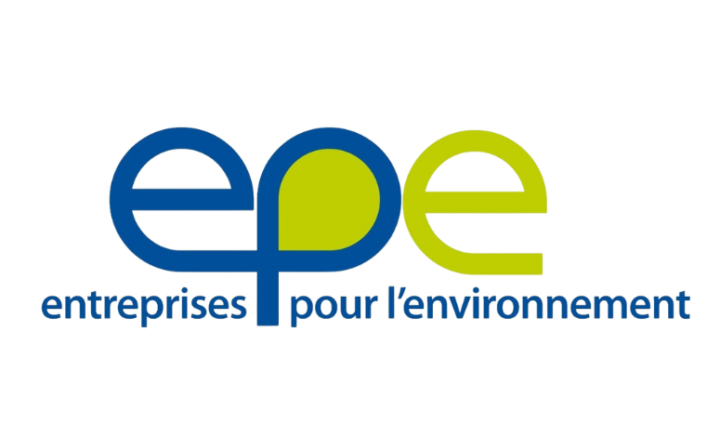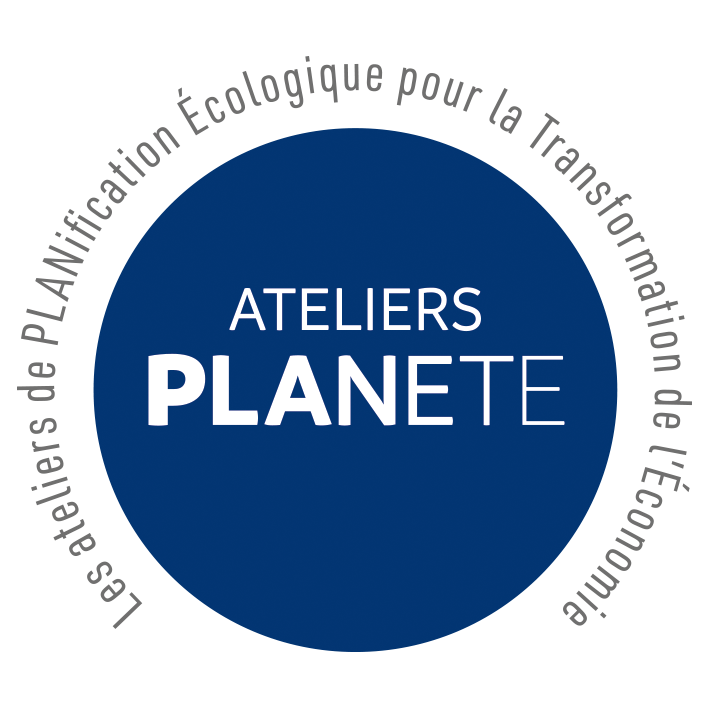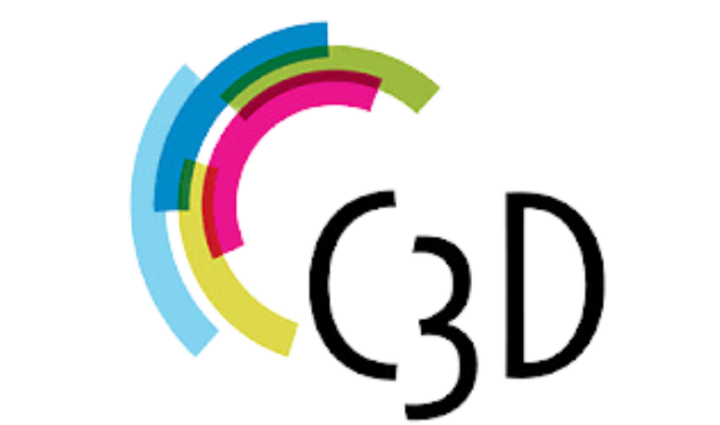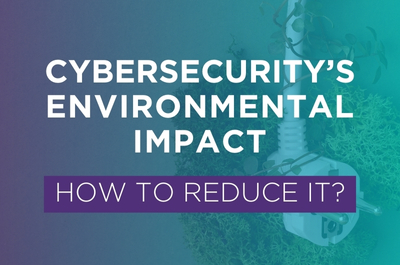Sustainable development is at the core of major companies' strategy
The recent years have been dominated by an increasing amount of severe climatic episodes which illustrates the alerts given by science on the necessity to better consider the climate and social emergency in the management of economical activities.
For major companies and organizations, this climate and social emergency highlights serious threats as well as opportunities for strategic differentiation that challenge the rules of the game, established business partnerships and strategic positioning:
Legal threats
- The European Green Deal
- The “Fit for 55” legislative package
- The CSRD directive on non-financial reporting
- Energy sobriety
- The massive infrastructure investment plan in the United States (US Infrastructure bill), etc.
Financial threats
- New rules and policies regarding access to capital
- Analysis of investment opportunities
- New classifications of activities (European taxonomy, Socially Responsible Investment – SRI), etc.
Reputational threats
- Pressure from various stakeholders (internal teams, NGOs and other civil society actors)
- Risks of crisis involving key players in the value chain: suppliers, competitors, etc.
Customer and market threats
- Progressive shift in preferences in both B2B and B2C markets
- Consumer demands and expectations: transparency and traceability of environmental and social impact measurement, circular economy, etc.
Apart from strategic differentiation issues, companies are facing stronger challenges in terms of operational continuity and therefore the sustainability of their activities, in a context of increased interdependencies between value chains and services provided by ecosystems (raw materials for industry, regenerative capacities for essential networks, recreational areas for tourism, etc.).
This context invites companies, and more broadly all economic actors, to radically transform themselves and develop new responses in terms of impact assessment. Firstly, as a duty (corporate citizenship), but also to aim for a positive contribution and thus:
For instance by developing a high value-added offer and customer experience, providing concrete responses to new societal expectations.
For example by increasing energy efficiency to reduce the environmental footprint, limit costs and free up new investment levers.
For example by attracting and retaining talent through a responsible and committed employer brand.
A solid expertise to help you define and lead your sustainable transformations
Facing the emergency and the need to act, we have 20 years experience in the transformations related to the ecological and social transition, in France, and abroad. We support you to:
Design and implement your sustainable strategy
- Footprint assessment of activities on the environment and society
- Stakeholder relations, strategic vision, and raison d’être
- Integration of issues into corporate strategy (short, medium and long term)
- Co-construction of new business models, value sharing
- Competitive analysis, benchmark, and market studies
Support the implementation of your sustainable transformations
- Definition and management of transformation programs
- Governance & organization involving stakeholders
- Integrated financial and extra-financial monitoring (ESG KPIs)
- Commitment and coordination of the company’s critical functions
- Change management
Partnerships
The Association des Entreprises pour l'Environnement
"Ateliers Planète" workshops
The “Ateliers Planète” workshops, born from the collaboration of multiple consulting firms, including Wavestone, draw inspiration from the Plan de Transformation de l’Économie Française (PTEF) initiated by The Shift Project. Their aim is to help organizations to redesign their operational models to reduce their CO2 emissions.






